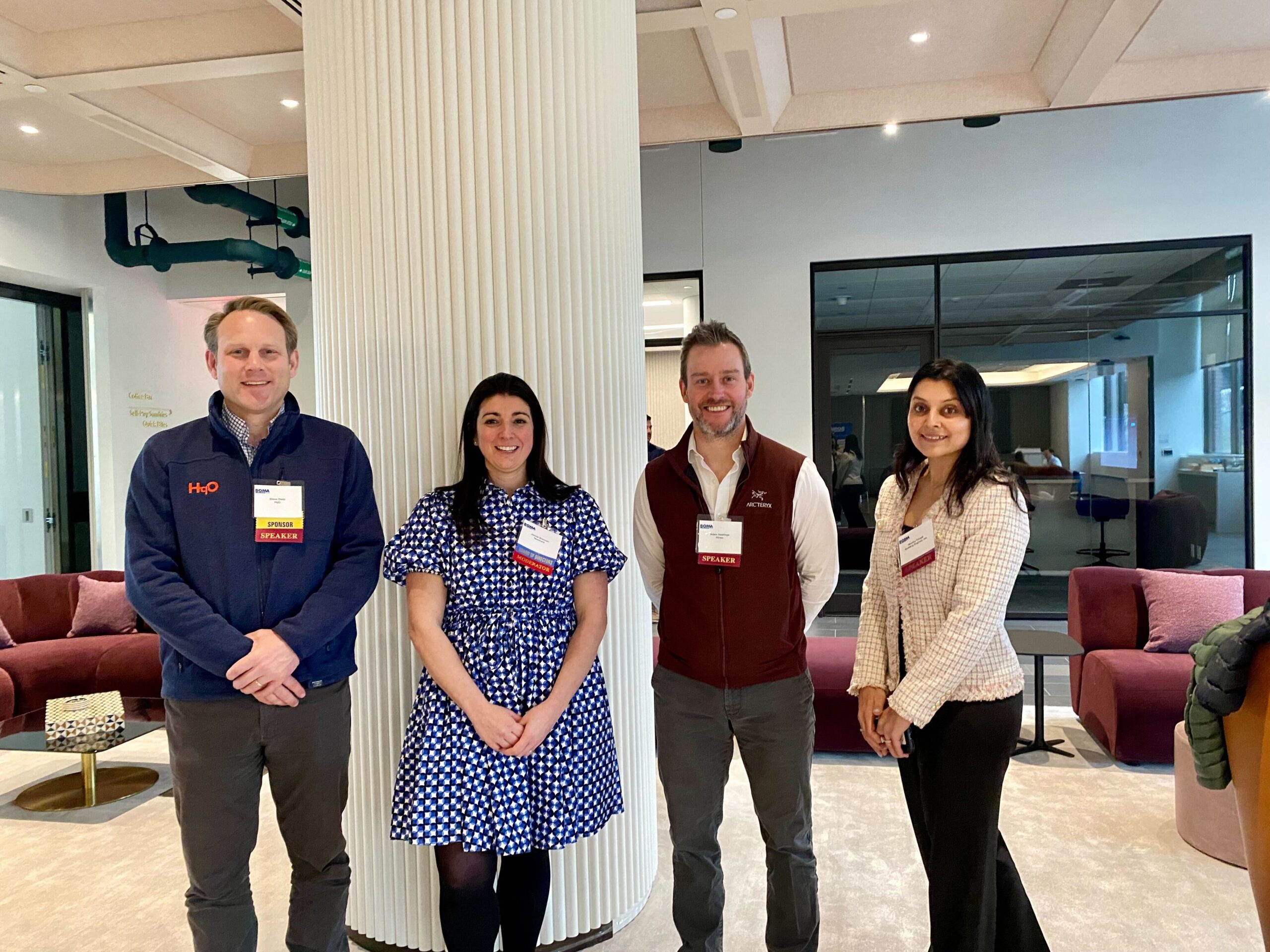Transitioning to a new property management system involves a lot of moving pieces. The most important of those pieces is data – the lifeblood of your business. So naturally, when making the switch to a new platform, you want to know everything: Where will it be stored? Who “owns” it? Will it be secure?
Since most SaaS providers now operate in the Cloud, where data is stored and accessed through the Internet instead of your computer’s hard drive, it’s important for property owners and managers to dig into the details. What does that mean? Your data’s ownership rights, security protocols, and backup procedures all need to be addressed in a Software License Agreement, or SLA, with the potential provider. (Click here to read our white paper addressing the importance of eschewing the common “one size fits all” contract model.)
Typically, your data is always your data. That’s not to say a potential provider doesn’t keep a copy for their records. But if you decide to part ways with your technology partner, a data separation timeline should be pre-defined.
In terms of security, there are several questions you need to ask:
- Are there solid and reputable security standards in place?
- Is your data encrypted when being uploaded to or downloaded from the cloud?
- Is your data encrypted when stored in the cloud?
- What happens if the cloud provider is hacked?
- Are backups of your data being stored?
Concerns about security also bring up issues of privacy. If you can access an application and your data from anywhere at any time, is your privacy being compromised?
“Cloud computing companies will need to find ways to protect client privacy,” said tech blogger Jonathan Strickland. “One way is to use authentication techniques such as user names and passwords. Another is to employ an authorization format – each user can access only the data and applications relevant to his or her job.” Again, this is something you would discuss with a potential provider when drafting your SLA since every company works differently.
Here at Building Engines, we employ SAML Single Sign-On, which is an open standard data format for exchanging authentication and authorization data between parties, in particular, between an identity provider and a service provider (in this case, Building Engines). SAML provides a variety of benefits to Building Engines’ clients including:
•Providing a single place for customers to manage system users, ultimately reducing the administrative work required to manage users and resulting in direct cost savings.
•Allowing companies to define permissions and access on an individual user basis, which is done by the client’s corporate IT department and not by the business owners, which is much more efficient and puts control in the right hands.
So if you take away even one thing from this article, let it be that due diligence is essential to establishing successful relationships with a SaaS provider. Do your research, ask the important questions, and get it in writing.










